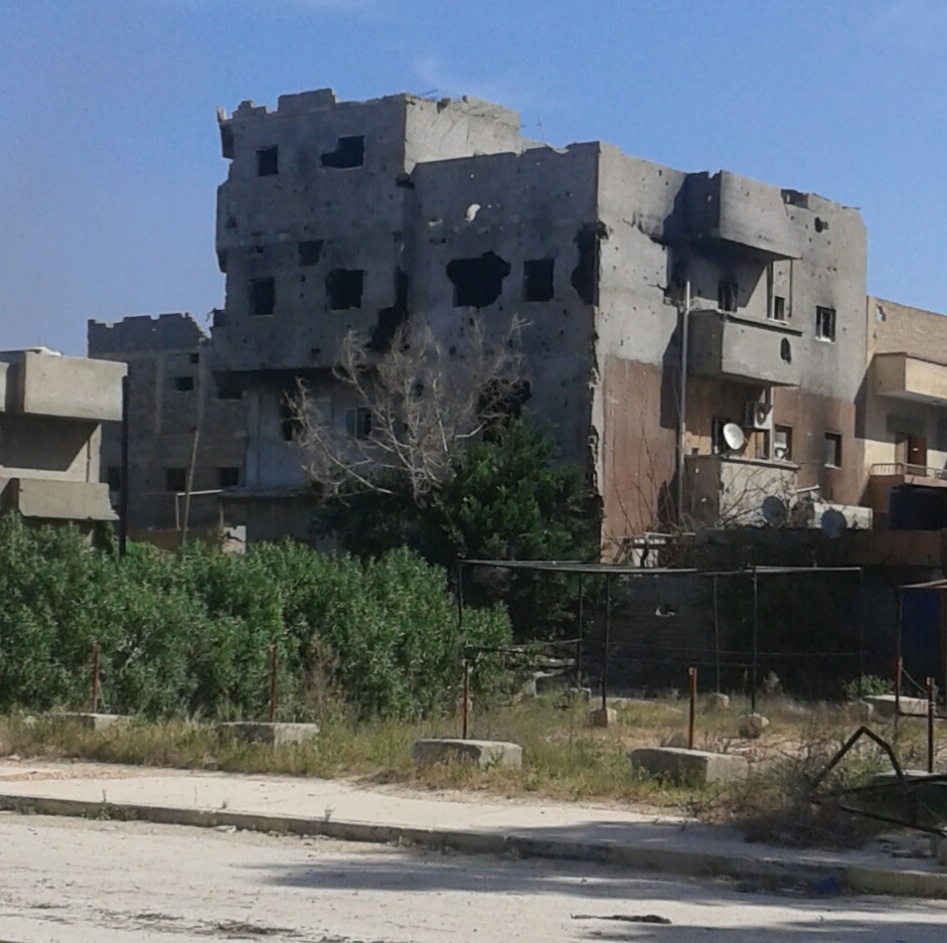By Sami Zaptia.

London, 23 February 2016:
Libya Enterprise, the Ministry of Economy department charged with developing Small and Medium Sized Enterprises (SME) in . . .[restrict]Libya, held a meeting in Tripoli yesterday to discuss local bank finance for SMEs.
The meeting included the Incubator Department and the Business Centre as well as the Finance Follow-up department of Libya Enterprise.
The issue of better quality SME feasibility studies formulated by the Business Centres was also discussed.
The meeting formed a working team to meet local banks to look into the various barriers to the availability of SME finance and the conditions stipulated by banks in order to facilitate SME finance.
It will be recalled that the rebranded SME department (Libya Enterprise) has been attempting since the Qaddafi era to achieve a major launch of SME activity that would have a sizable role in Libya’s economic growth.
Equally, the serious development of an active SME sector in Libya with its large youth demographic is hoped to have a notable effect on youth and university leaving unemployed.
Politically, and in view of Libya’s current political, financial and military problems, an activated SME sector is seen as a major part of militia Demilitarization, Demobilization and Reintegration (DDR).
However, the major spanner in the wheel since the Qaddafi era has been the banking laws and regulation which under the previous regime gave all the protection to the debtor and not the bank.
As a result, the cash-rich Libyan banks have preferred to sit on their huge cash deposits and lend to the state rather than risk lending to consumers.
It is hoped, however, that with the post-2011 revolution activation of both the National ID Number and the Credit Check system, and with some amendments to banking laws, Libyan banks would be more willing to play their normal role of providing finance to the business sector in general and SMEs in particular.
It is not expected that any such reform would take place prior to Libya exiting its current transitional political stage and after a constitution is agreed and full elections are held. The best estimate for this is one to two years from the date of the installation of a Government of National Accord (GNA).
At the time of writing, the GNA is currently being hammered out and the House of Representatives are to vote on its proposed cabinet. [/restrict]











